Every day, Jerome begins his work by telling himself his favorite story: I’m not valued around here. They’re heaping on the work just to see when I’ll quit. I’m sure to be passed over for promotion.
His co-worker, Alissa, has her own favorite story: This company’s president is a critical and demanding control freak, who shuts me out of every decision but expects me to know everything.
Every day, we tell ourselves enough of these kinds of stories to fill a library: Why my supervisor closed her door today. Why the client rejected my proposal. What my associate meant when he laughed at my question. Why everyone is being so difficult. How I’m such a failure.
And on, and on, and on. And that’s just at work. What about the stories we tell ourselves at home?
We live our lives as if the stories are true. We act and react, often in pain, from our often mistaken understanding of another’s words or actions, our assumptions about why they are saying or doing what they are, and our thoughts about how those people—and we, ourselves—should be different.
Stories Damage Relationships—at Work and at Home
Yet, it is these stories, and the emotions that come from the stories, that are usually the source of the pain and/or discomfort we feel in our relationships, whether at work or at home. We want to blame another, but in reality, it’s usually our thinking that is causing the discomfort, says Byron Katie, author of the best-selling book Loving What Is.
What we need to do to is learn to get beyond our stories, to get under our beliefs to what’s really living there.
“The result of investigation is often a deeper appreciation of the people in our lives, and a realization that it was not their words or actions that really harmed us, but our uninvestigated thoughts about their words or actions,” Katie says.
In her book, Katie outlines a simple path of inquiry into these horror stories we tell ourselves that revolves around four questions:
1. Is it true?
2. Can you absolutely know that it’s true?
3. How do you react when you think that thought?
4. Who would you be without the thought?
Step I: Doing the Investigative Work
First, state your belief about someone and ask yourself if it is true and whether you can know absolutely, without a doubt, that it is true. For example, let’s take Alissa’s belief that her boss is a critical and demanding control freak, who shuts her out of every decision but expects her to know everything.
Is it true her boss is critical? Demanding? Do others in the office hear constructive, well-intentioned suggestions where she hears criticism? Has she never had the freedom to implement work as she sees fit? Does she know without a shadow of doubt that her boss’s actions are about wanting to control her every sorry action?
The next question for Alissa is: How does she act and react when she thinks these thoughts? Does she find herself angry and resentful? Does she go out of her way to avoid encounters with her boss? Does she respond defensively to any sort of comment? Does her work suffer? Does her body tense up or her stomach ache when she interacts with her boss? Does she enjoy any of her time at work? Talk about lack of peace and harmony!
Imagine that she doesn’t have this story any more. Who would she be?
Perhaps she would be more content at work and enthusiastic about the new learning she’s receiving. Perhaps she would be less concerned about what others thought of her and more intent on contributing in unique ways to the work at hand. Perhaps she would be next in line for a promotion. Or perhaps she would be working for another company. She’s likely to be calmer and more peaceful.
Step 2:The Turnaround
The final step in this investigation is for Alissa to turn around the statements she’s been making. Does she express criticism in other areas of her life in ways that are harsh and hard to hear? Does she try to control her spouse, her children, her co-workers? Is she critical and demanding of herself? Our “stories” often point to our own traits that we project onto others so as to disclaim them.
It’s important to note that with inquiries like this, there is no right answer. The goal is not perfection, but truth.
“Who would you be without your story?” Katie says. “You never know until you inquire. There is no story that is you or that leads to you. Every story leads away from you.”



